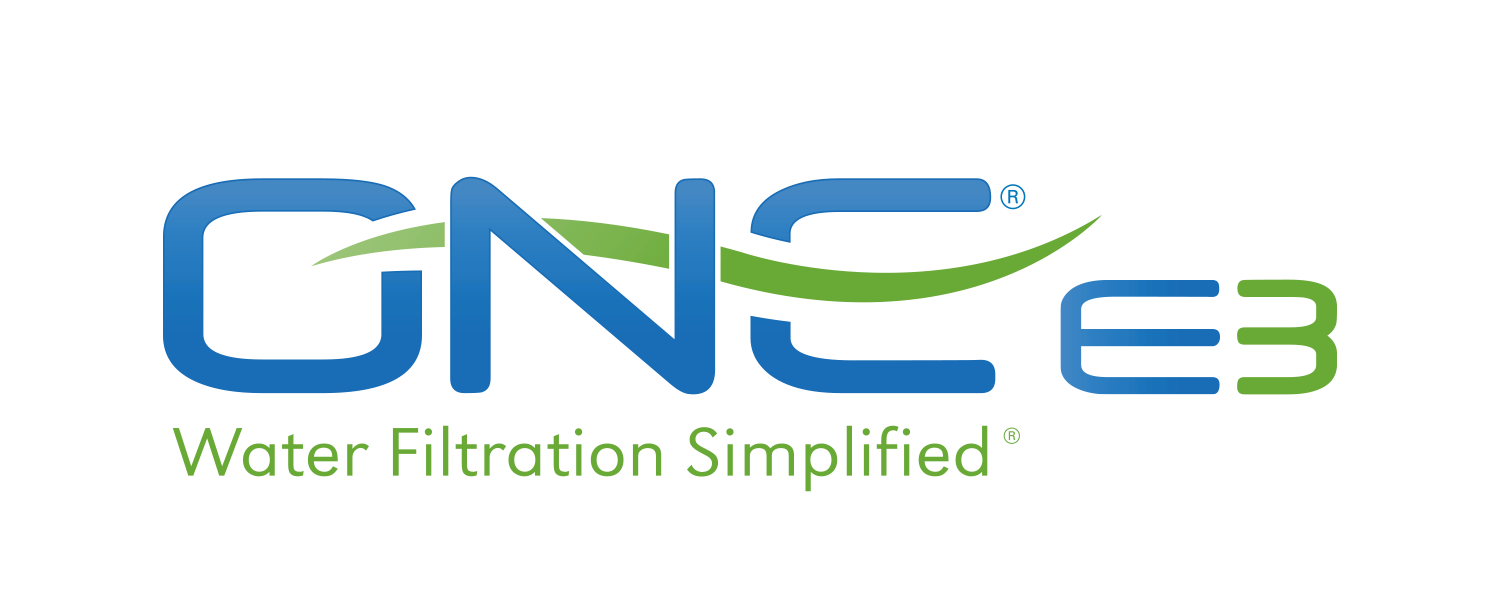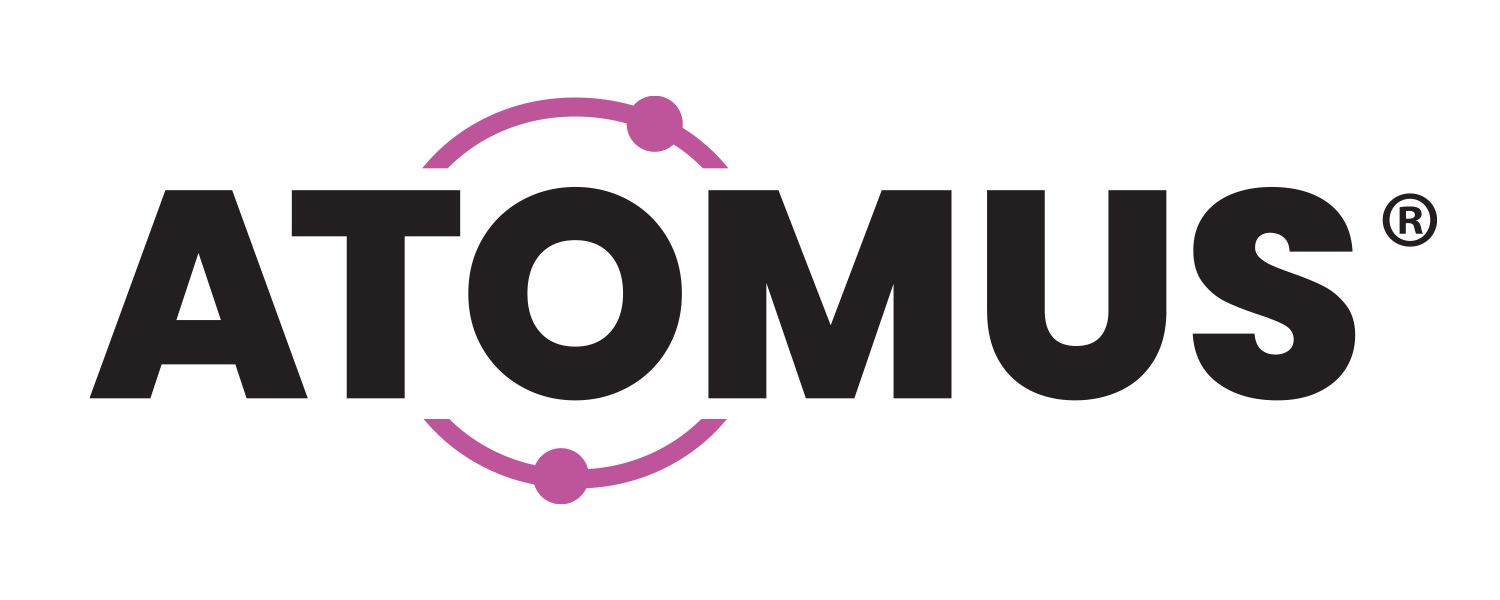The Colorado Department of Public Health and Environment recently imposed new restrictions on E.coli contamination in the South Platte River of Denver. This decision was met with dismay by Denver city officials, who have launched efforts to limit the restrictions. The E.coli contamination at the center of the discussions stems from fecal matter and septic systems. These contaminants, amongst others, are dragged into the river by local runoff. A storm water study determined that changes like installing miniature dams and semi-pervious sidewalks could direct the runoff to effective uses. The acting environmental programs policy advisor for the state health department details their goal to the Denver Post. “We have a vision for clean water, for people to drink and swim in where they work and play”, the advisor said.
In contrast to this vision, officials within Denver have taken issue with the methods needed to achieve such a result. A city spokesperson claimed that the requirements would raise expenses beyond what would make a meaningful impact on E.coli contamination. The city submitted two separate petitions to relax requirements, and both have been rejected. One measure taken by Denver to reduce pollution was the installation of an ultraviolet light. This light will eliminate 90% of E.coli in runoff water before it reaches the river. State health officials have emphasized the importance of collaboration in these efforts, and are hopeful for the city of Denver.
The PIONEER system is the first of its kind whole-house lead, cyst and PFOA/PFOS removal system. Visit the PIONEER system page to learn more.



